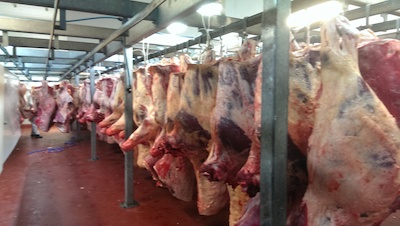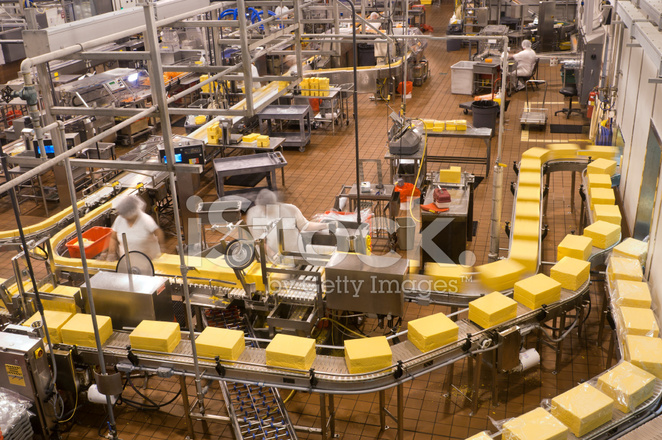Services
Abattoirs
Red Meat, Boning Room & Poultry

Abattoirs (Red Meat, Boning Room & Poultry)
The relevant abattoir applies for Halal Certification. In relation to Halal certification, the Department of Agriculture and Water Resources website sets out a list of Australian organisations that are able to certify red meat and red meat products as Halal for export to certain overseas markets.
The abattoir requires to have a Halal program in accordance of the standards of the market they are exporting too. An inspection of the manufacturing site is then conducted by 2 qualified auditors. A technical auditor and Sharia auditor on behalf of our organisation to determine whether all the relevant requirements are consistently being met, with an audit report prepared.
Australian law dictates that all animals must be stunned so that they are insensible to pain prior to slaughter. The main form of stunning is through electric stunning for Sheep, Goat, Venison, Ostrich and Emu involve pre-slaughter stunning.
We supervise the Halal slaughter of Sheep, Goat, Venison, Ostrich, Emu and Cattle involves the cutting of both the carotid arteries and jugular veins. They are completely severed.
Cattle are kept in an upright position with the head and body restrained. Prior to their throats are cut, they are stunned with a non-penetrating captive bolt pistol or mushroom head pistol. Halal requires all stunning to be reversible. Penetrating captive bolt stunning shall deem the animal to be considered Non-Halal.
Food Processing

Food Processing
The relevant food producer or manufacturer applies for Halal Certification. This usually involves providing detailed information about the raw materials, ingredients and additives, and the manufacturing process.
An inspection of the manufacturing site is then conducted by 2 qualified auditors. A technical auditor and Sharia auditor on behalf of our organisation to determine whether all the relevant requirements are consistently being met with a audit report prepared. The applicant may be required to alter their manufacturing processes or ingredients, or to provide further information about their supply chain.
A certification agreement is then concluded between the applicant and the certifying body, and Halal accreditation or certification is awarded for a period of time.
Restaurants

Restaurants
The relevant restaurant applies for Halal Certification. This usually involves providing detailed information about the raw materials, ingredients, food handling and cold and dry storage procedures in their kitchen process.
An inspection of the kitchen is then conducted by 2 qualified auditors. A technical auditor and Sharia auditor on behalf of our organisation to determine whether all the relevant requirements are consistently being met with an audit report prepared. The applicant may be required to alter their manufacturing processes or ingredients, or to provide further information about their supply chain.
Halal accreditation or certification is awarded for a period of time.
